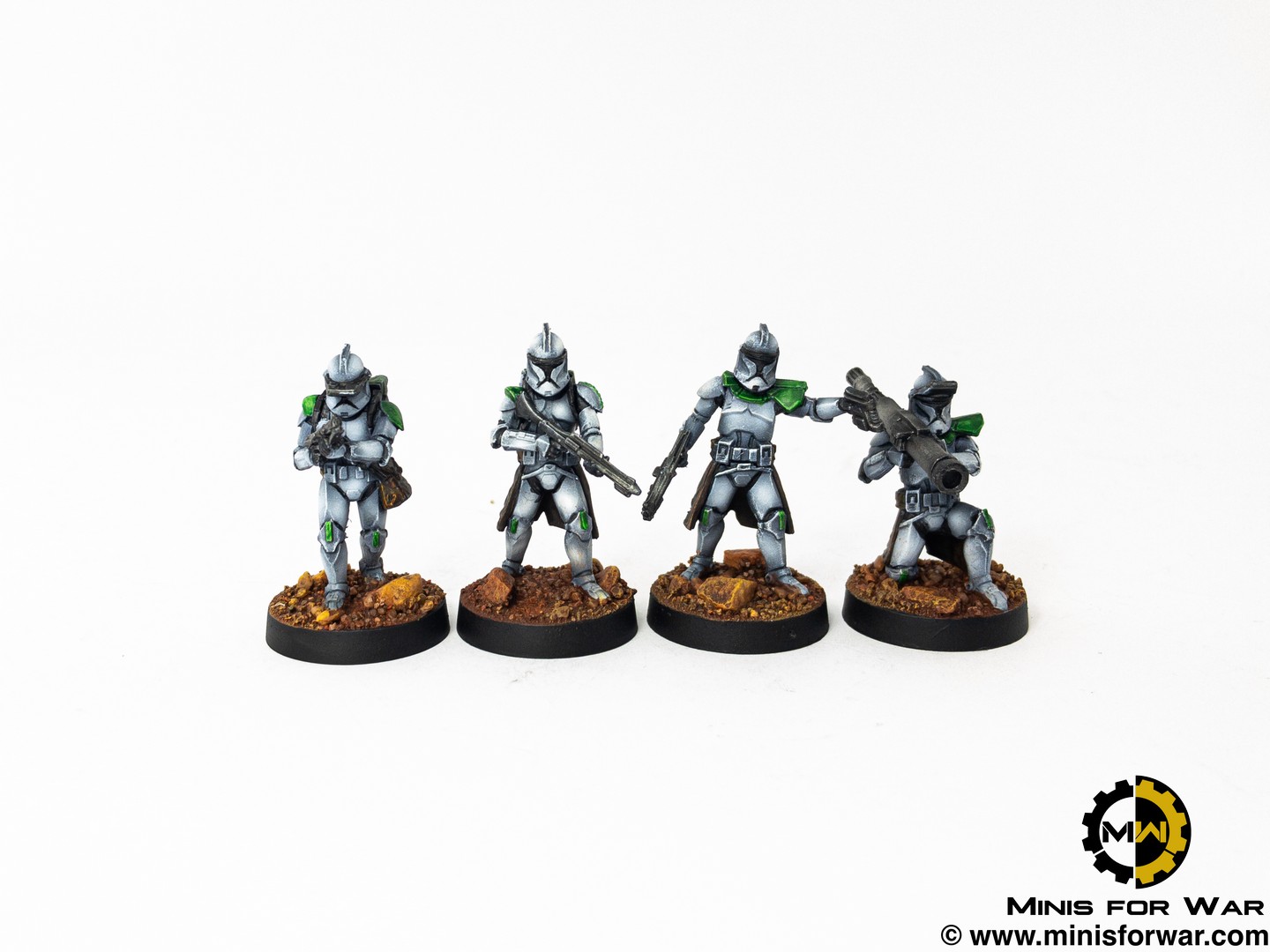

In addition to individually creating regiments and appointing colonels, the elector imposed harsh punishment for transgressions, such as punishing by hanging for looting. įrederick William attempted to professionalize his soldiers during a time when soldiers of fortune were the norm. Once the elector and his army were strong enough, Frederick William was able to suppress the estates of Cleves, Mark and Prussia. The Junkers thus cemented their political power at the expense of the peasantry. In the 1653 Brandenburg Recess between Frederick William and the estates of Brandenburg, the nobility provided the sovereign with 530,000 thalers in return for affirmation of their privileges. The provincial estates desired a reduction in the army's size during peacetime, but the elector avoided their demands through political concessions, evasion and economy. The growth of his army allowed Frederick William to achieve considerable territorial acquisitions in the 1648 Treaty of Westphalia, despite Brandenburg's relative lack of success during the war. He based his reforms on those of Louvois, the War Minister of King Louis XIV of France. Frederick William sought assistance from France, the traditional rival of Habsburg Austria, and began receiving French subsidies. Garrisons were also slowly augmented in Brandenburg and the Duchy of Prussia. The elector's confidant Johann von Norprath recruited forces in the Duchy of Cleves and organized an army of 3,000 Dutch and German soldiers in the Rhineland by 1646. After acceding to the electoral throne, Frederick William started building a standing army to better defend his state in spring 1644.īy 1643-44, the developing army numbered only 5,500 troops, including 500 musketeers in Frederick William's bodyguard. Swedish and Imperial forces traversed and occupied the country essentially at will. Hohenzollern Brandenburg-Prussia had primarily relied upon Landsknecht mercenaries during the Thirty Years' War, in which Brandenburg was devastated. The army of Prussia grew out of the united armed forces created during the reign of Elector Frederick William of Brandenburg (1640–1688).

The Prussian Army formed the core of the Imperial German Army, which was replaced after World War I with the Reichswehr. The Prussian Army was successful in 19th century wars against Denmark, Austria and France, allowing Prussia to unify Germany and create the German Empire in 1871.

Conservatives halted some of the reforms, however, and the army subsequently became a bulwark of the conservative Prussian government. However, under the leadership of Gerhard von Scharnhorst, Prussian reformers began modernizing the Prussian Army, which contributed greatly to the defeat of Napoleon Bonaparte during the War of the Sixth Coalition. The army was outdated by the beginning of the Napoleonic Wars, and Prussia was defeated by France in the War of the Fourth Coalition. King Frederick the Great led the disciplined Prussian troops to victory during the 18th century Silesian Wars and increased the prestige of the Kingdom of Prussia. Elector Frederick William developed it into a viable standing army, while King Frederick William I of Prussia dramatically increased its size. The Prussian Army had its roots in the core mercenary forces of Brandenburg during the Thirty Years' War. It was vital to the development of Brandenburg-Prussia as a European power. The Royal Prussian Army (German language: Königlich Preußische Armee) was the army of the Kingdom of Prussia. Frederick William I, Frederick the Great, Moltke the Elderīattle of Hohenfriedberg - Attack of Prussian Infantry, 4 June 1745, by Carl Röchling.


 0 kommentar(er)
0 kommentar(er)
